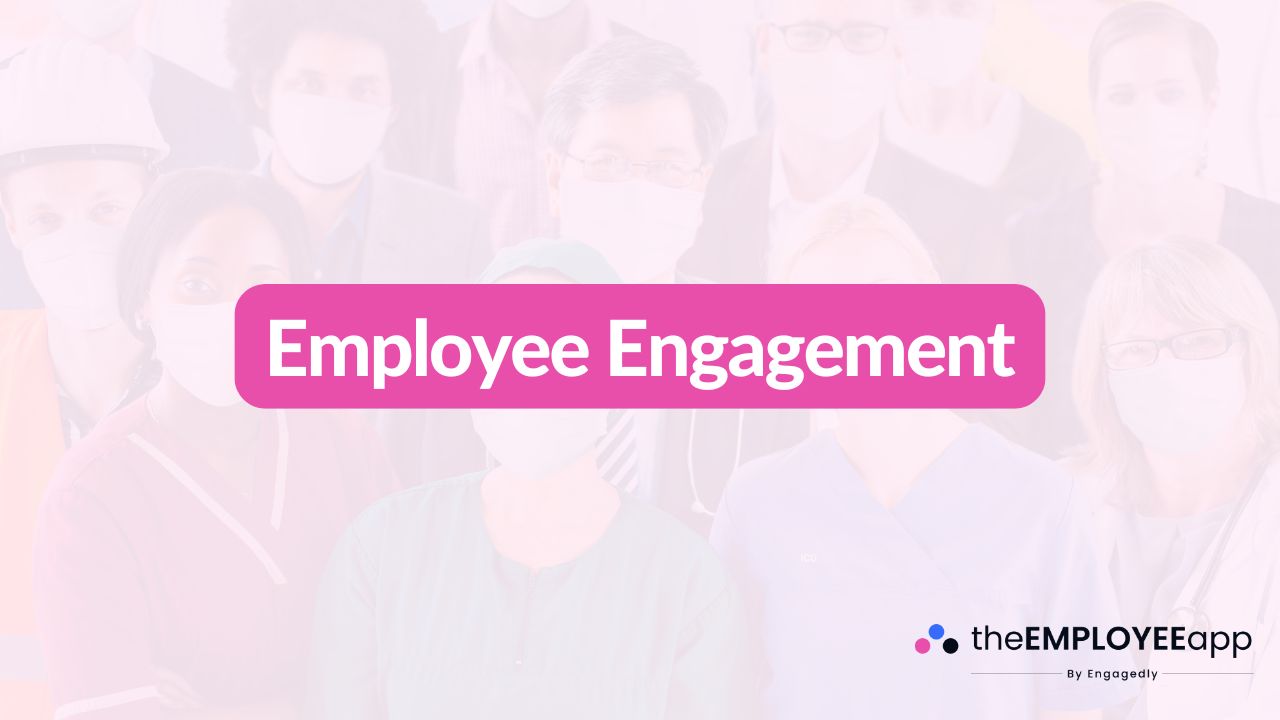
Employee engagement refers to the emotional commitment and level of involvement employees have toward their organization and its goals. Engaged employees are motivated, passionate about their work, and invested in contributing to the success of their teams and company. Unlike simple job satisfaction, employee engagement is about the connection between people and their workplace, shaping how they perform, collaborate, and grow.
Employee engagement is the bond employees feel with their organization. It shows up in how dedicated they are to their roles, how much discretionary effort they put in, and how strongly they identify with the company’s mission. When employees are engaged, they don’t just “show up” to work—they actively seek ways to improve outcomes, support colleagues, and create value.
For frontline employees, engagement plays an especially vital role. These employees often serve as the face of the company, interacting directly with customers or handling essential daily operations. If they feel disconnected, it can negatively impact customer service and business performance. On the other hand, engaged frontline workers can build trust, deliver better service, and drive loyalty.
A strong focus on employee engagement brings significant benefits to organizations, including:
Higher Productivity: Engaged employees work more efficiently and show greater initiative.
Lower Turnover: When employees feel connected to their company, they are more likely to stay.
Better Customer Experience: Motivated employees provide superior service, leading to stronger customer satisfaction.
Greater Innovation: Engaged workers often contribute creative ideas and solutions.
Stronger Culture: Engagement fosters teamwork, collaboration, and a sense of belonging.
Several factors contribute to building and maintaining employee engagement:
Communication
Transparent and open communication builds trust and ensures employees feel informed and valued.
Recognition and Appreciation
Regularly acknowledging employees’ efforts motivates them to continue performing at their best.
Growth and Development Opportunities
Providing learning paths, training, and career progression enhances long-term engagement.
Leadership and Management
Leaders who listen, support, and empower their teams inspire greater commitment.
Work-Life Balance
Respecting personal time and promoting flexibility helps employees stay energized and engaged.
Technology and Tools
Easy-to-use digital tools, especially for frontline teams, enable smoother workflows and foster stronger connections.
Organizations can adopt practical strategies to boost engagement across all levels:
Provide Regular Feedback: Continuous feedback helps employees understand performance expectations and areas of growth.
Encourage Employee Voice: Inviting input and acting on employee suggestions fosters a sense of ownership.
Recognize Contributions: Recognition programs, both formal and informal, keep morale high.
Invest in Well-being: Supporting mental health, physical health, and overall well-being demonstrates care.
Leverage Technology: Mobile apps and platforms help reach frontline employees and keep them connected.
Empower Managers: Equip managers with tools to foster engagement directly with their teams.
While engagement is crucial, many organizations face challenges, such as:
Disconnected frontline employees with limited access to communication channels.
Lack of recognition or inconsistent appreciation practices.
Unclear career growth opportunities, leading to stagnation.
Poor leadership styles that fail to inspire trust.
Overcoming these barriers requires intentional strategies and a commitment to prioritizing people.
As workplaces evolve, employee engagement will increasingly rely on digital solutions, personalization, and flexibility. Hybrid and frontline work environments demand innovative approaches to communication, recognition, and collaboration. Organizations that invest in creating meaningful connections and empowering employees will continue to see long-term success.
Employee engagement is more than just a buzzword—it’s a critical factor that determines organizational performance, culture, and growth. By prioritizing communication, recognition, and development, companies can foster a workforce that is motivated, loyal, and aligned with business goals. For frontline employees in particular, engagement can be the difference between feeling like a valued team member and feeling like a disconnected worker. Organizations that commit to improving engagement will not only retain talent but also build a stronger foundation for the future.
